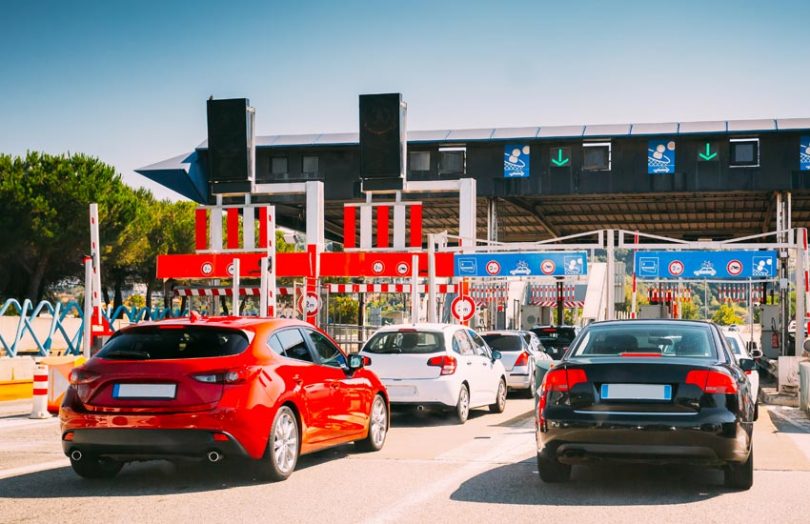Spanish consulting firm Indra has incorporated blockchain into its Mova Collect payment system for road tolls. The objective is to reduce fraud and enhance cybersecurity. Indra is working with infrastructure firm ROADIS to deploy a pilot solution on a Mexican highway.
Road toll systems are subject to an array of frauds, ranging from the use of counterfeit fuel and credit cards for payment to concessionaires pocketing some of the takings without recording them and toll systems getting hacked. Both of those frauds impact the road owner. Another scam that affects road users is sending out fraudulent toll default notices.
The Indra solution focuses more on the first set of issues. Using blockchain should make records harder to tamper with, whether at source or from hackers. It provides a golden record that should reduce potential disagreements between a concessionaire and the central entity that owns the road. Indra says its solution guards against cyber-attacks and enables settlement and auditing. It’s especially useful where there are multiple concessionaires.
The EU Horizon 2020 Program partly funded the solution through the European Critical-Chains R+D+I project, where Indra leads the transport use case as well as some others. The European project is led by the UK’s University of Reading and has a consortium including EY, Guardtime, the Italian postal service and others.
Enterprise blockchain Quorum is being used to enable transparency and privacy by adding permissions regarding which organizations can view information.
Indra is also using blockchain with its subsidiary Minsait for a planned Spanish single trade window project. The initiative deploys blockchain to help track documentation for freight transport and logistics.
It’s not the first time blockchain has been used for tolls. However, some previous trials were more experimental, such as the use of IOTA wallets by Jaguar Land Rover in 2019. However, tolls are a typical use case for Machine to Machine (M2M) payments, which many organizations are working on, including Japan’s JCB, the MOBI alliance, and others.







